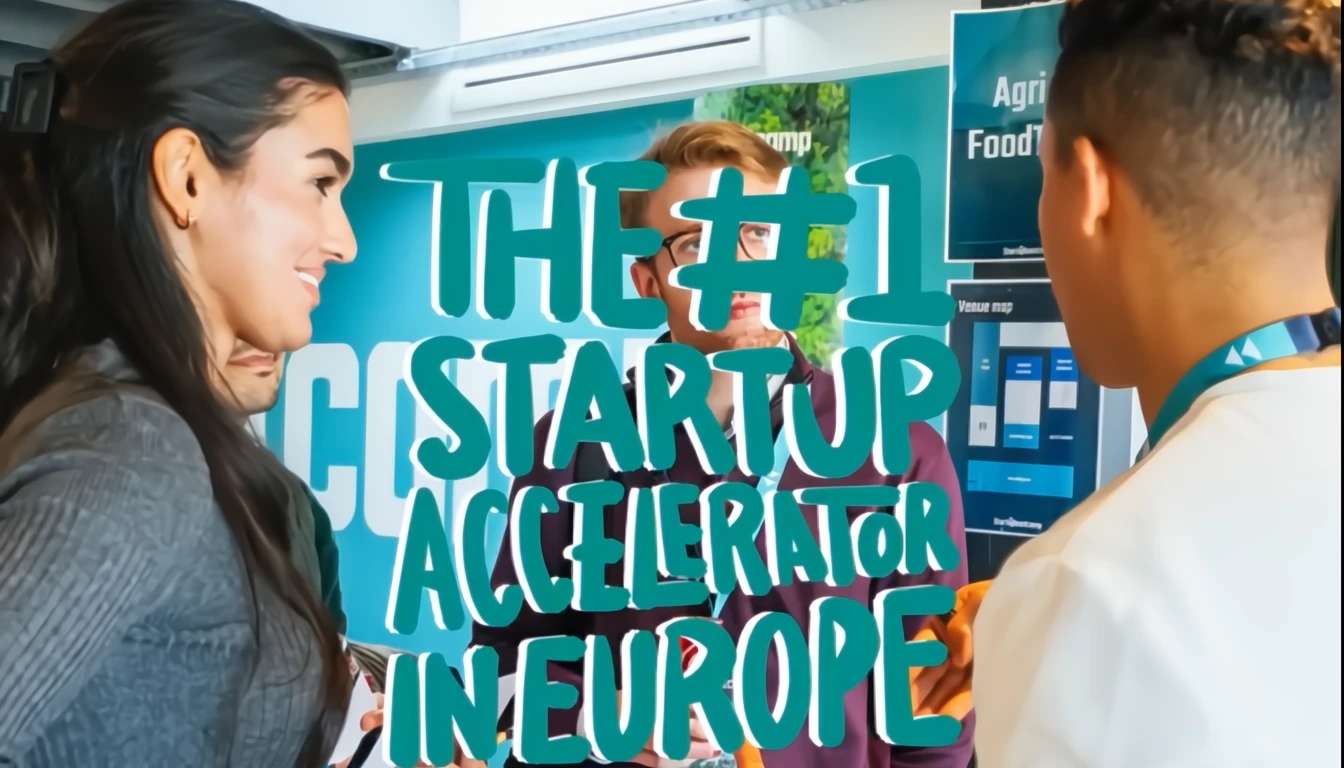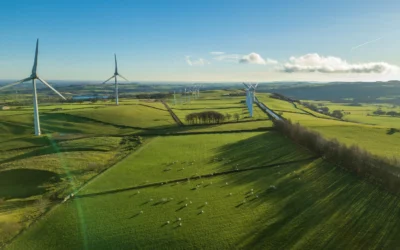Mike Scott, Editor of Climate Solutions News, speaks to Elizabeth Kleinveld, Head of Acceleration at Startupbootcamp.
Hitting the UN’s Sustainable Development Goals (SDGs) will require investment in more than 100,000 startups, according to Elizabeth Kleinveld, Head of Acceleration at Startupbootcamp, the largest accelerator in Europe. It has run more than 150 accelerators in 20 countries since 2010 and has worked with a portfolio of over 1,700 companies so far.
The program’s mission emerged from the realisation of the scale of the challenge required to deliver the SDGs, Kleinveld explains. “We want to respond to challenges as they become more pressing,” she said, emphasizing that the accelerator zeroes in on sectors ready for impact—currently covering 10 key areas including deeptech and robotics, energy and climate, water and infrastructure, proptech and agritech.
Startupbootcamp’s three-month accelerator program offers much more than funding. The initiative guides startups through how to develop business models, customer discovery, MVP validation, and how to define their impact on sustainability.
“We focus on sales funnels, contract negotiation, investor presentations, and financial modeling,” Kleinveld explains. Startups work closely with expert mentors in fields such as energy, AI, and robotics. Beyond the program, Startupbootcamp maintains connections with these startups, fostering a network of industry connections and ongoing mentorship.
The startups are chosen to join the program on the basis of the strength of their teams, their potential to solve problems, and their alignment with SDGs.
“It’s really all about the team… we like to see founders who are in love with the problem they’re solving,” explains Kleinveld. For her, selecting resilient, mission-driven teams is key to ensuring the startups will be able to weather the challenges they will inevitably face.
The accelerator boasts a number of success stories. Gelectric, for instance, uses AI-driven preventive maintenance to extend ship lifecycles and keep them compliant with EU sustainability regulations.
Then there’s Euto Energy, which optimizes energy use with grid-balancing technology and raised over €1.25 million in seed funding post-program.
Kleinveld credits these achievements to the companies’ “coachable teams” that not only absorb Startupbootcamp’s guidance but also pursue independent opportunities. This approach has built a collaborative alumni network where founders support each other’s growth.
To support such a broad range of startups, Startupbootcamp offers tailored resources, including technical “sparring sessions” with its CTO and access to over 150 suppliers of essential tools, reducing costs by up to 30% in the first two years.
Workshops on topics such as product-market fit and sales strategy have made a tangible difference. As Kleinveld put it, some startups “doubled their revenue in half the time” using these skills.
Financially, each startup receives an initial investment, along with training to build commercially viable, investor-ready businesses.
Looking to the future, Kleinveld is especially enthusiastic about trends such as biodegradable materials, AI for smarter agriculture, energy storage and robotics to fill labor shortages in areas like farming and manufacturing.
With its ambitious goal of supporting 100,000 startups, Startupbootcamp is expanding beyond its existing hubs in markets such as Australia, the Netherlands and Italy. Kleinveld’s advice to aspiring founders is to “embrace community” and focus on sustainable, mission-aligned business models.
She also encourages mentors and investors to get involved, explaining how Startupbootcamp’s network offers a supportive environment for entrepreneurs seeking to navigate the climate tech world.
The next cohort kicks off in January, with selection taking place in December. For Kleinveld, the opportunity is clear: “Imagine what you could achieve in three months… what might take you 18 months alone, we help achieve in a fraction of the time.”




